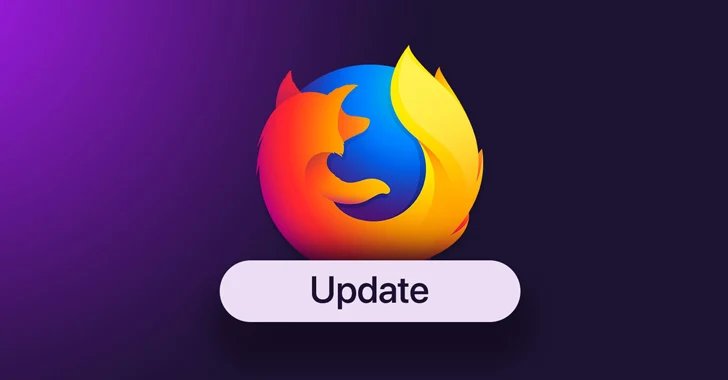Summary Points
-
Critical Vulnerabilities: Mozilla released security updates for Firefox to address two critical zero-day vulnerabilities (CVE-2025-4918 and CVE-2025-4919) that could allow attackers to access sensitive data or execute code.
-
Exploitation Details: Both vulnerabilities involve out-of-bounds access—one affects JavaScript Promise objects and the other impacts linear sums, enabling potential out-of-bounds reads/writes.
-
Origin of Discovery: The vulnerabilities were reported by researchers Edouard Bochin, Tao Yan (CVE-2025-4918), and Manfred Paul (CVE-2025-4919), following demonstrations at the Pwn2Own Berlin contest, earning each researcher a $50,000 reward.
- User Advisory: Given the ongoing threat of malware via web browsers, users are urged to update Firefox to the latest version for enhanced security against these vulnerabilities.
The Core Issue
On May 19, 2025, Mozilla announced critical security updates to its Firefox browser, addressing two serious vulnerabilities that could pave the way for unauthorized access to sensitive information or malicious code execution. These vulnerabilities—CVE-2025-4918 and CVE-2025-4919—were both exploited as zero-day flaws during the Pwn2Own Berlin hacking competition. The first involves an out-of-bounds access vulnerability linked to JavaScript Promise objects, while the second pertains to linear sums within JavaScript, allowing attackers to manipulate array indexes. Such exploits could lead to significant risks, including memory corruption and unauthorized data access.
The vulnerabilities were reported by Edouard Bochin and Tao Yan from Palo Alto Networks, who identified the first flaw, and Manfred Paul, who uncovered the second. Each researcher was awarded $50,000 for their discoveries, underscoring the allure of web browsers as targets for malware delivery. As a precaution, users are urged to update to the latest version of Firefox to mitigate potential threats and enhance their security posture. This situation epitomizes the ongoing battle between cybersecurity professionals and malicious actors, revealing the ever-present vulnerabilities inherent in widely used software.
Risk Summary
The recent identification of critical vulnerabilities in Mozilla’s Firefox browser poses substantial risks not only to individual users but also to businesses and organizations that rely on these platforms for their operations. Specifically, the highlighted flaws—CVE-2025-4918 and CVE-2025-4919—enable potential adversaries to exploit memory corruption, facilitating unauthorized access to sensitive information or code execution. This breach can translate to data theft, financial loss, and erosion of customer trust. For businesses, the ramifications may include compliance violations, reputational damage, and extensive remediation costs. Furthermore, as malware becomes increasingly sophisticated, the cascading impact on interconnected supply chains could jeopardize wider industry ecosystems, undermining operational integrity and security across the board. Organizations that fail to promptly update their systems are effectively inviting these risks, making vigilance and proactive measures paramount.
Possible Actions
In an era of relentless cyber threats, the timely remediation of vulnerabilities—such as those discovered in Firefox’s recent zero-day exploits—becomes crucial to fortifying digital defenses.
Mitigation Strategies
- Immediate Patch Deployment: Prioritize applying updates to close vulnerabilities.
- User Awareness Training: Educate users to recognize potential exploitation attempts.
- Application Whitelisting: Restrict software execution to known, safe applications.
- Network Segmentation: Limit access to sensitive data through compartmentalization.
- Threat Intelligence Sharing: Participate in community forums to stay informed on emerging threats.
NIST CSF Guidance
The NIST Cybersecurity Framework (CSF) underscores the necessity of timely vulnerability management as a fundamental component of an organization’s risk governance. For deeper insights into remediation protocols, refer to NIST Special Publication 800-53, which offers comprehensive guidelines on security and privacy controls for federal information systems.
Explore More Security Insights
Discover cutting-edge developments in Emerging Tech and industry Insights.
Understand foundational security frameworks via NIST CSF on Wikipedia.
Disclaimer: The information provided may not always be accurate or up to date. Please do your own research, as the cybersecurity landscape evolves rapidly. Intended for secondary references purposes only.
Cyberattacks-V1

